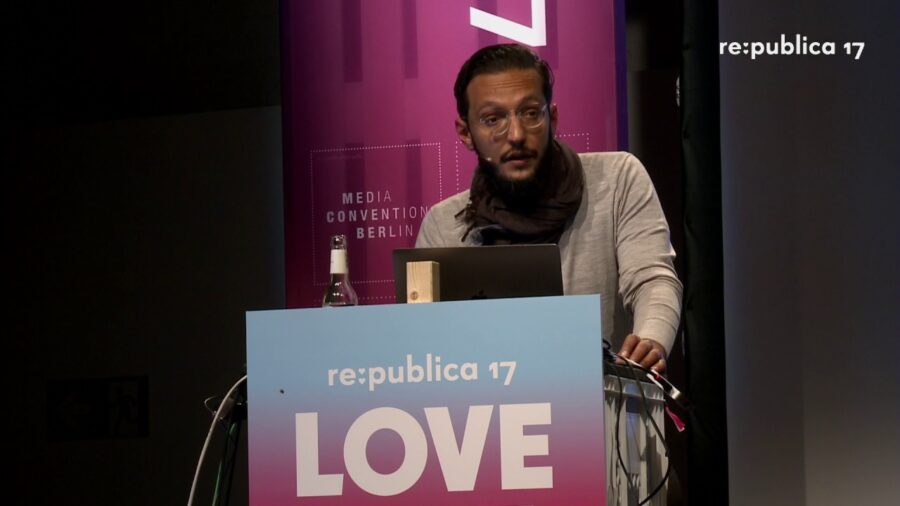My prediction was that there would be some form of an attack in the United States or possibly in the foreign territories or interests. My talk would have been a breakdown or dissection and contextualization of the event. And of course, so far in the Trump administration there’s no attack. Well, at least no real ones. Some of us might remember Bowling Green.
Archive (Page 1 of 2)
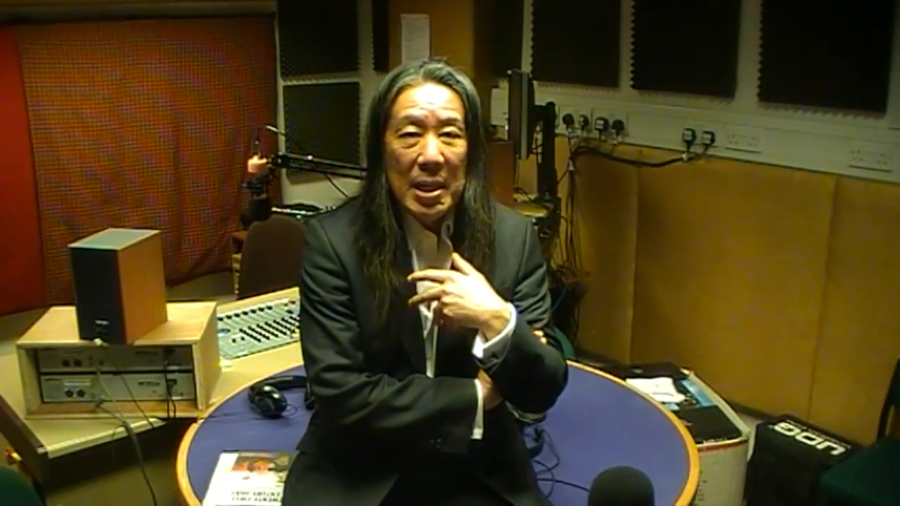
As we enter May 2017, the city of Mosul, held stubbornly by ISIS forces, has still not fallen. What has become a siege of the city is now a fight almost on a street-by-street basis for the old city.
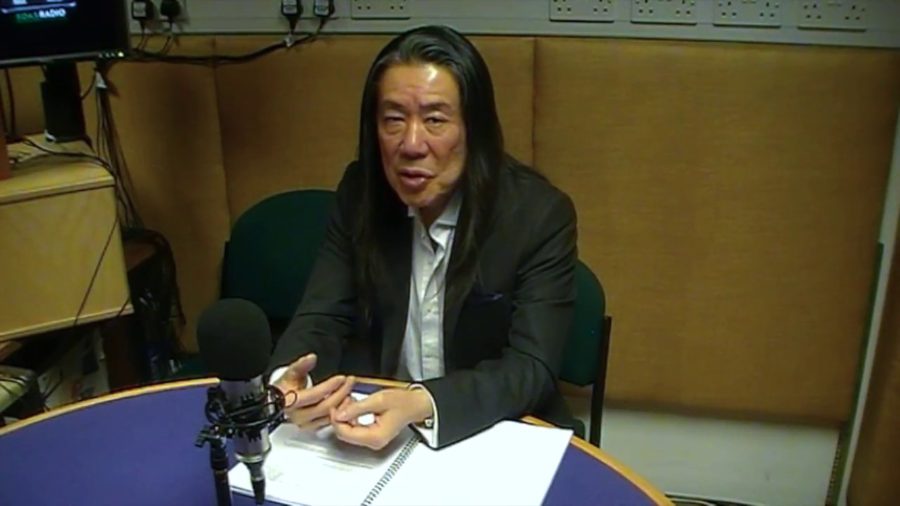
As Israeli Zionism began acquiring a greater and greater orthodox determination, a determination to expand borders to what they were at the height of the Biblical sense of what had been Israel underneath King Solomon, the response of the Arab states and the response of the Palestinians was very divided.
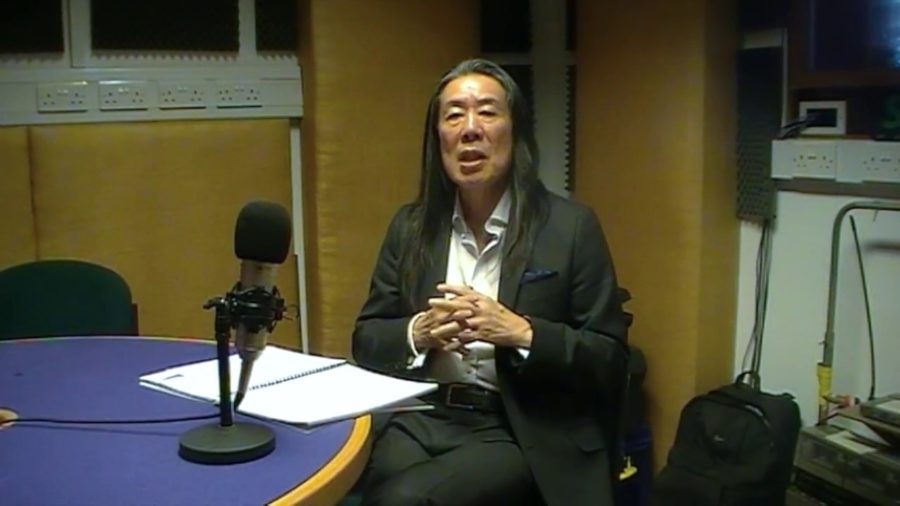
It’s an emotive term, a value-laden term, every time we mention Zionism. In fact, as a modern doctrine—and that’s what it is, quite a modern doctrine—it’s only really been around a relatively short time. Really it came into being at the end of the 19th century, where pressure groups and Jewish congresses led by people like Herzl began to contemplate the possibility of a homeland for the Jews.
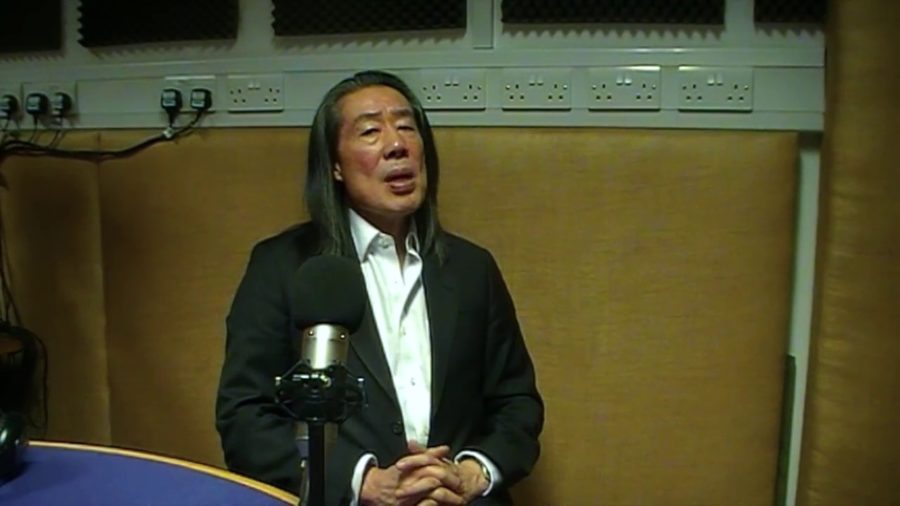
A number of Islamic states had revolutions that turned them in a particular post-war direction. And in this post-war direction the emphasis was on two key things. The first was modern development. In this sense it meant catching up with the metropolitan Western world. And the second driving force behind all of this was the assumption that this would be best done by instituting secular states.
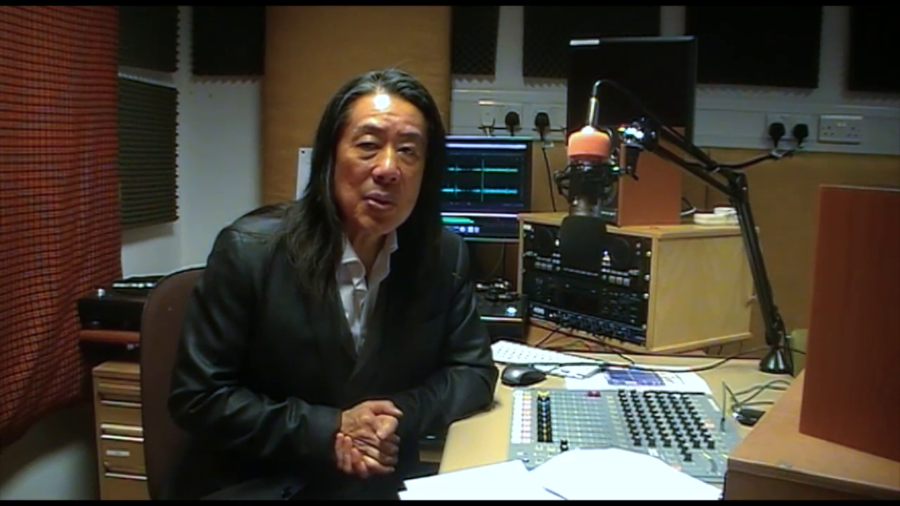
Our tale begins in Afghanistan with the Soviet invasion in 1979. This came out of a blue sky, military speak for there were no clouds, there were no warnings. But suddenly the Soviets invaded the country in support of a Soviet-inclined government. But a government which aroused huge resentments and resistance on the part of many many people in Afghanistan.
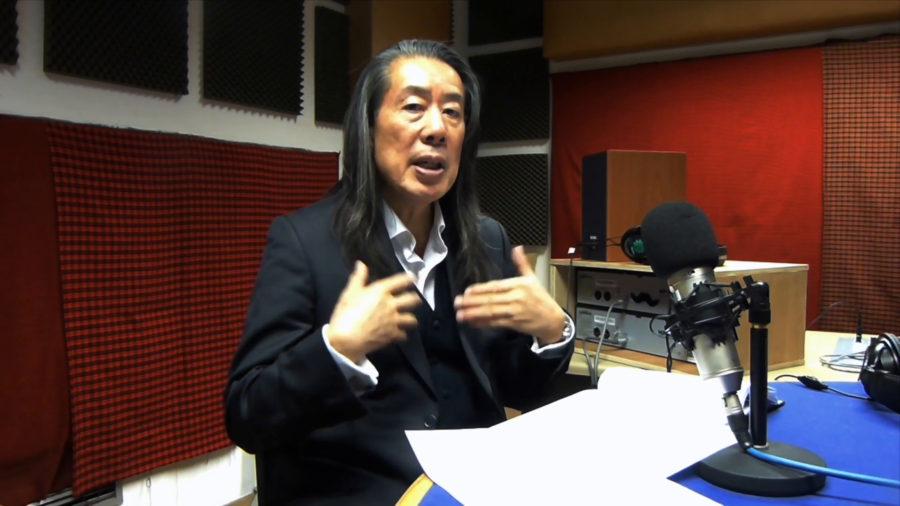
If the 1979 Iranian revolution was a turning point in late 20th century history, what followed set the scene for a series of betrayals and revivals of the sort that the Western world could not have envisaged.
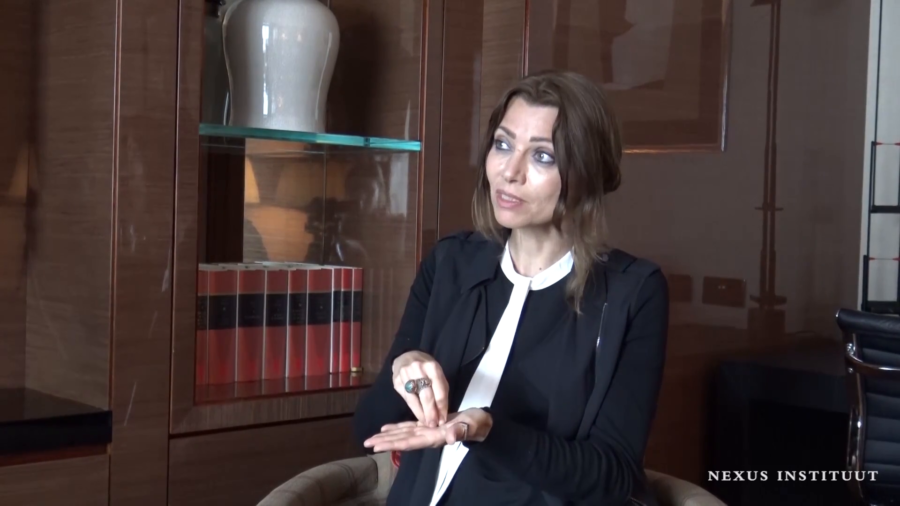
One of the primary questions, or problems as I see it, is this “illusion” that sameness will bring safety. People start to thinking that if we are surrounded by similar people, like-minded people, if we have communities based on sameness, that will bring us safety. That’s an illusion. That’s not the case at all.
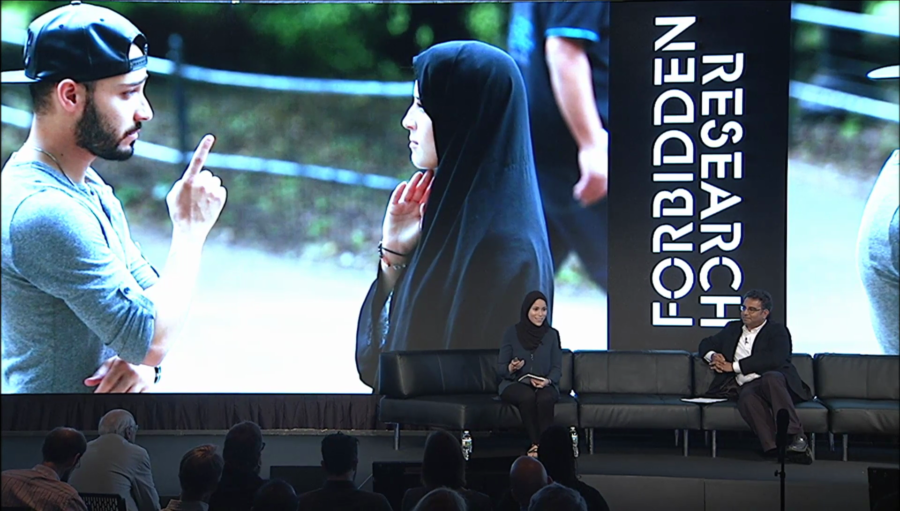
If we look at a lot of the things we’ve been speaking about today, be it genetic engineering or the things that occur in our daily lives, the challenge of reproductive rights, or global peace and security, a lot of the stagnation, a lot of the challenges, are actually rooted either in the perception of religion or in the political manipulation of religion.
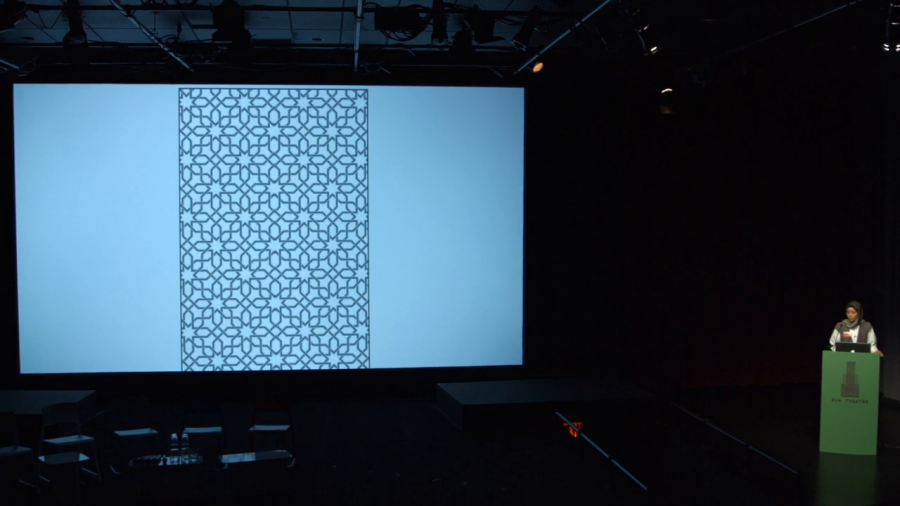
If you are given the task to lecture on design somewhere in the Middle East, do you think you’ll need to tailor your approach? Maybe think about your references, the language, the vastly different background? The answer most probably is “yes.” But the reality of design education in the Middle East, and more specifically the Gulf Region, prove otherwise.

